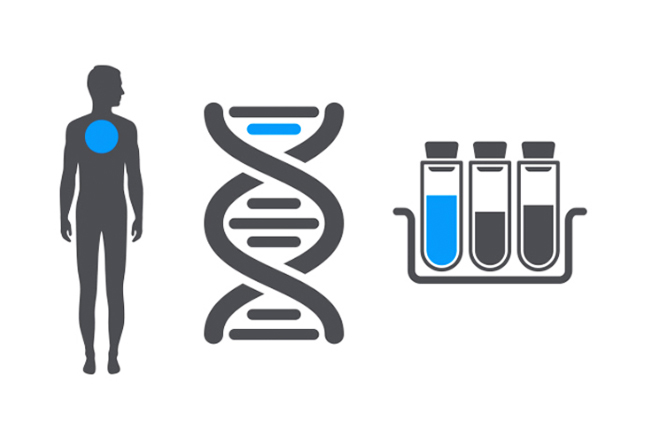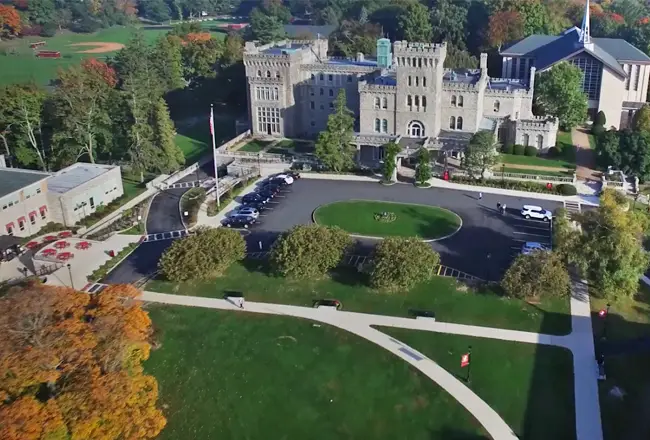Loxo Oncology Inc., a biopharmaceutical company headquartered in Stamford, has signed a global collaboration agreement with Bayer for the development and commercialization of the cancer drugs larotrectinib (LOXO-101) and LOXO-195.

According to the companies, Loxo Oncology will receive an upfront payment of $400 million for this partnership and will be eligible for $450 million in milestone payments upon regulatory approvals for larotrectinib and first commercial sale events in certain major markets, plus an additional $200 million in milestone payments upon LOXO-195 regulatory approvals and first commercial sale events in certain major markets.
Larotrectinib and LOXO-195 are being studied in the treatment of patients with cancers harboring tropomyosin receptor kinase (TRK) gene fusions, which are genetic alterations across a wide range of tumors resulting in uncontrolled TRK signaling and tumor growth. Bayer and Loxo Oncology will jointly develop the two products, and Loxo Oncology will be responsible for the filing in the U.S. while Bayer will lead the international regulatory and commercial activities for the products.
“This is a transformational collaboration for the company as we prepare for commercialization,” Jacob Van Naarden, chief business officer of Loxo Oncology, said in a statement. “Bayer has a history of successful co-promotion efforts with emerging biopharmaceutical companies and we are confident that their oncology team has the global reach and expertise, including an existing field force dedicated to cancer, to complement our existing commercial plans. We look forward to working with Bayer and believe that together we can bring our TRK inhibitors to more patients more quickly.”
Loxo was founded in 2013 and focuses on cancers that are “uniquely dependent on single gene abnormalities, such that a single drug has the potential to treat the cancer with dramatic effect.”
According to the company website, “Some people develop cancers that are caused by a single inappropriate DNA change, known as ‘oncogenic drivers.’ When a genetic test identifies a patient with an oncogenic driver, there should be a personalized medicine to address this error in the DNA that is leading to the cancer. At Loxo Oncology, we are developing a pipeline of highly selective drugs that inhibit oncogenic drivers in cancer.”






















